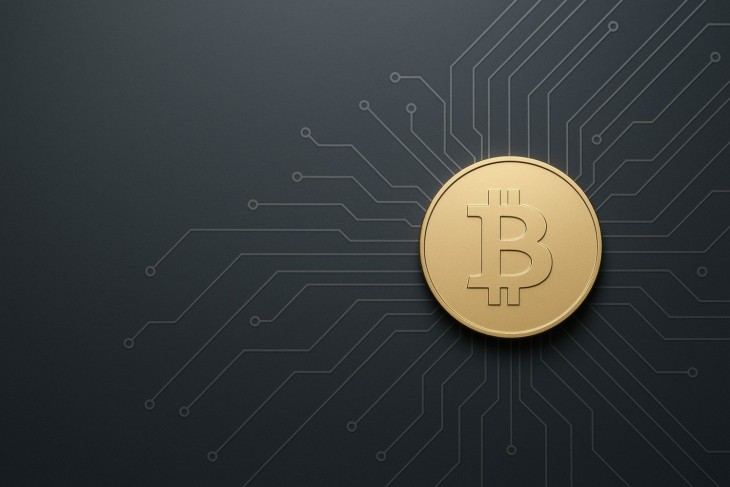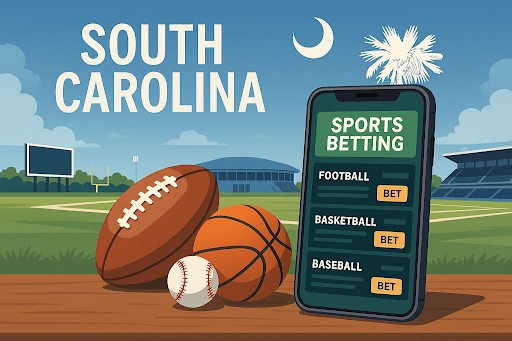Virtual Reality promises an immersive, out-of-this-world gaming experience. But so far, only a handful of slot machines support VR. Mark Zuckerberg, a huge VR proponent, spent billions of dollars trying to turn VR into a success.
But in the end, all he got was widespread criticism, losses, and a 50% drop in his personal wealth. So, does VR hold a future in the gaming sector? If it does, how will it change the online casino experience?
Endless Casino Experiences
Virtual Reality offers a wide range of casino experiences. You could play a football slot machine with the technology immersing you in a real football pitch. You can also teleport to a Las Vegas casino to experience what it feels like to play poker in a brick-and-mortar establishment.
The best part of VR is that you don’t need to spend a lot of money and time on these experiences. Sure, VR devices are out of reach for the majority of the world. But if you can afford the equipment, you can mimic any casino experience you’ve always wanted.
Want to hang out with Cleopatra while playing an Egypt-themed slot? This will be the future. Want to play blackjack while traveling in a private jet? VR could provide this experience for you.
As we mentioned earlier, just a few slots provide VR support. They include Gonzo’s Quest, Starburst, and Jack and the Beanstalk. More games will support the technology in the coming years, improving the iGaming experience tremendously.
VR Support in Every Part of the World
The online casino industry isn’t available in all parts of the world. It’s the same story for VR. In the future, more people will have access to both casino gaming and VR.
When that time comes, no one will ever need to leave their home to have an immersive casino experience. This includes people who love to play at land-based casinos exclusively.
Based on how advanced VR has become, it will soon support experiences that rival those of brick-and-mortar casinos. Imagine walking inside a prestigious casino—the lights, slots, tables, and halls included.
But instead of flying all the way to Las Vegas, you will be seated at home gambling at an online casino like Bovada.lv. Similar experiences are already happening—the casino industry has not caught up just yet.
In some industries, employees work remotely. But they’re all linked into an office space through VR. They have virtual offices with virtual desks, whiteboards, chairs, and walls.
Enhancing Live Casino Gaming
High-speed Internet is fast becoming a reality in many Internet parts of the world. With its advent, casinos can provide live dealer games to people who previously could only access RNG slots and poker.
Although the existing live casino infrastructure is great, it could become more immersive with the growth of VR. Think about this. With VR, you could play live blackjack with a friend as though you were in the same room.
Thanks to VR, you could participate in a virtual Texas Hold’em competition held at the grandest casino in Las Vegas. To spice up things, it could make it possible to imitate real-life gambling—holding cards, pulling chairs, and drinking cocktails.
Breaking Physical Barriers Further
Online casinos break physical barriers every day by allowing people to gamble remotely. But guess what can break even more barriers? Virtual Reality. Some people dream of visiting luxurious brick-and-mortar casinos.
But they can’t travel to Monaco, Las Vegas, or Macau due to financial or health reasons. In the future, such people could experience life in a Macau casino without leaving their homes.
All they will need is VR-supporting devices and a casino that can provide such an experience. When you think about it, such an experience would be a breakthrough like no other.
Live streaming might provide a great experience for gambling online. But it doesn’t equate to the feeling of being in a certain place even if you’re not at that place physically.
Learning Card Tricks Through VR
VR is poised to become an important pillar in education. It is being used to help students learn new concepts in the most immersive way possible.
For example, medical students can learn surgery through VR, making the process realistic and interactive. When it comes to casino learning, lots of people have difficulties understanding poker and blackjack techniques published online
Virtual Reality could offer the best solution to this problem—matching learners with experts in a virtual platform. Imagine learning Texas Hold’em from Daniel Negreanu. You would understand the game better compared to reading a random blog post.
VR could become particularly helpful for teaching casino concepts people have always found difficult. Think of card counting in blackjack. It’s associated with the mathematically gifted. But if taught with the assistance of VR, it could be better understood by thousands of players.
Web-based Mobile Experiences
VR often requires expensive headsets and desktop computers. You also need to download apps for compatibility reasons. In the future, VR accessories will be smaller, lighter, and cheaper.
What’s more, you won’t need to install apps to make the experience possible. Thanks to webVR, the future of VR will be based entirely on the web. You will log in to your mobile casino account, link up your devices through a web app and enjoy VR gaming stress-free thanks to 5G.
Of course, it will take time for VR casino gaming to become flawless. It will require massive research and marketing. Importantly, casino developers will need to lead the race for creating VR games.
Another barrier that may require breaking to take VR casino gaming to the world is legalization. Online casino gaming will never become truly accessible globally if more countries don’t legalize the sector.
The Takeaway
Virtual Reality is no longer a dream. It’s a reality used by businesses and individuals every day. In the casino space, VR works on a few slot machines. But as it advances, more online casinos will provide VR experiences for both slots and card games.

























